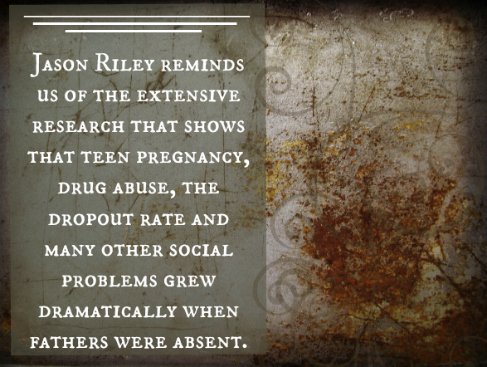During Black History Month, we need to look back 50 years to a report that accurately predicted where we are today. Daniel Patrick Moynihan was working as an assistant secretary in President Lyndon Johnson’s Labor Department. His report documented and predicted troubling family trends among inner city blacks because of the increasing number of fatherless homes.
In a recent op-ed, Jason Riley says that these warnings 50 years ago have come true. He then asks, “Will liberals ever forgive him?” I doubt it. They attacked him when the report was issued. I don’t see too many willing to come to his defense today.
Daniel Patrick Moynihan believed that the fundamental issue in the black community was family structure. “The evidence—not final but powerfully persuasive—is that the Negro family in the urban ghettos is crumbling.”
His insight was accurate, but most ignored his report. The rest denounced him as a “victim-blaming racist” who would undermine the civil-rights movement. So government bureaucrats continued to form policies that penalized marriage and subsidized single parenting.
What has been the result over these last 50 years? Back in 1965, one-quarter (25%) of black children lived in a household headed by a single mother. Today more than 70 percent of all black births are to unmarried women.
Homes without fathers have more problems. Jason Riley reminds us of the extensive research that shows that teen pregnancy, drug abuse, the dropout rate and many other social problems grew dramatically when fathers were absent. One 2002 study from the University of California, Santa Barbara concluded that “the most critical factor affecting the prospect that a male youth will encounter the criminal justice system is the presence of his father in the home.” We could also add that the poverty rate for married black couples is a fraction of what it is for the black population in general.
Daniel Patrick Moynihan was right, and his warnings should have been considered. His observations are as relevant now as they were 50 years ago.
 Listen Online
Listen Online Watch Online
Watch Online Find a Station in Your Area
Find a Station in Your Area











 Listen Now
Listen Now Watch Online
Watch Online
